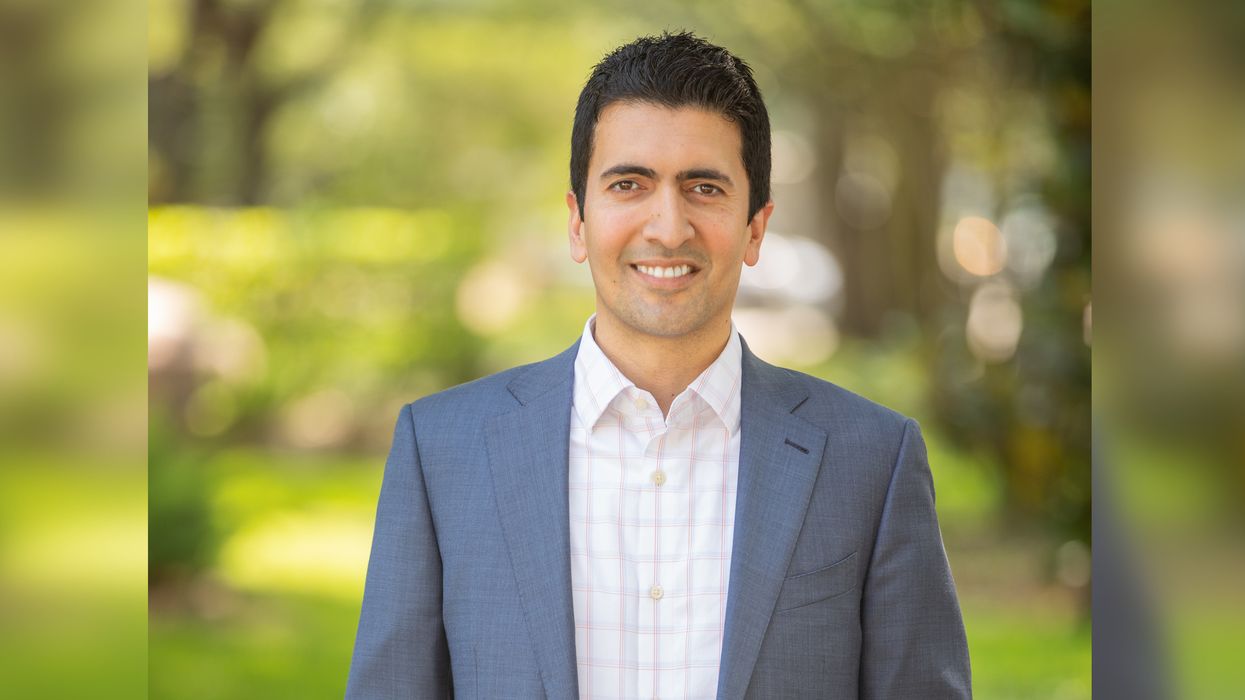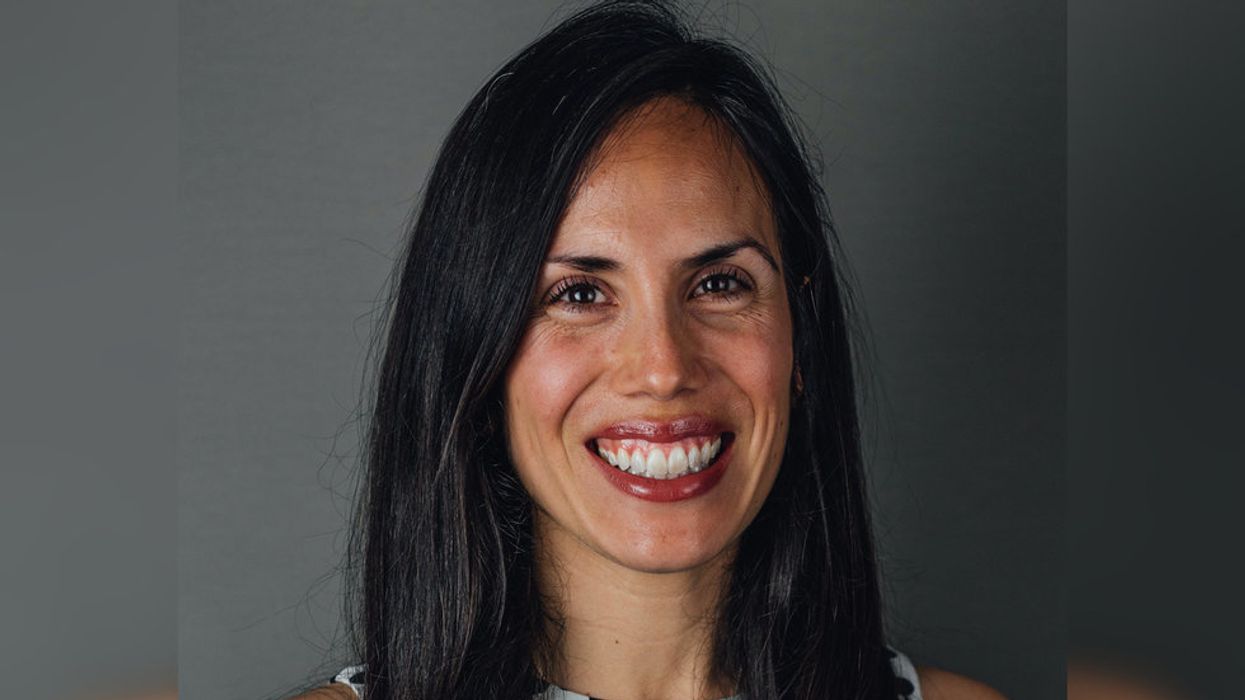Following a rebrand, a Houston tech startup has secured a NASA contract for space weather technology.
Dauntless XR received a contract from NASA to advance its spatial computing platform, Aura. The technology uses satellite sensor data and mixed reality to help space operators with weather forecasting, including solar activity.
The company, which was founded by Lori-Lee Elliott as Future Sight AR in 2018 to focus on industrial construction, made a pivot to the space and defense industries and rebranded last year.
"We are in an incredibly interesting stage of space exploration, between record-breaking numbers of satellite launches, missions to the moon and Mars, and even returning asteroid samples to Earth," says Elliott, who serves as CEO, in the release. "With space weather, we are presented with an opportunity to make incredibly complex data easily accessible and provide a platform for innovation — and collaboration — for the space economy and space exploration."
The company is tasked with an extended reality space weather application. Per the release, the app will first be available on the Apple Vision Pro and the Meta Quest devices.
"Our first release will include a special edition of our Aura application with a 3D immersive experience visualizing coronal mass ejections, or CMEs, coming off the sun," the company explains in a blog post. "When a CME hits Earth, it produces auroras, but can also cause power outages, knock out radio signals & GPS, and interfere with rocket launches. As the space economy grows and more people use space data, we hope that our apps make that data easy to access and understand."
The company has also received $1.5 million in United States Air Force contracts. This included two SBIR II contracts that "focused on mixed reality assisted workflows, training and mission planning," according to Dauntless XR. Elliott is based in Houston and the company has offices in Texas, Georgia, Florida, and Hawaii.













